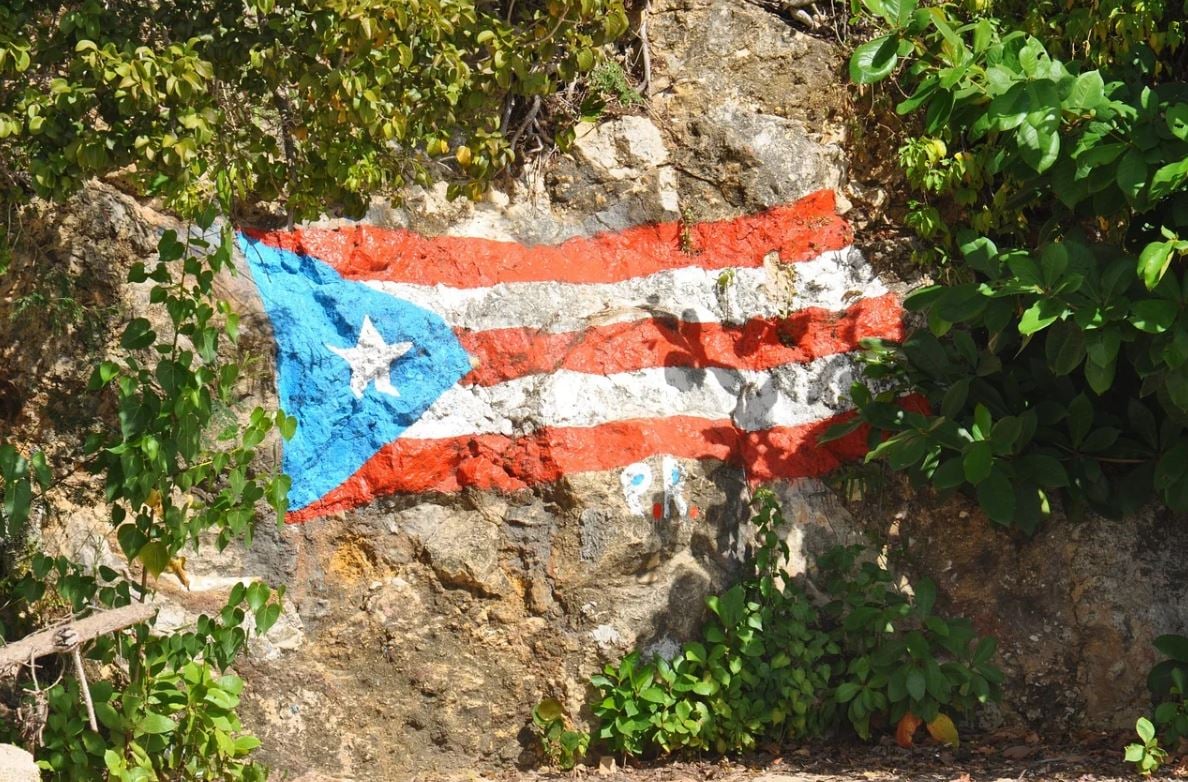Congress Should Honor Puerto Rico’s Statehood Decision on November 3rd
COMMENTARY

On November 3rd, Puerto Ricans will head to the polls to answer a simple question with powerful implications: “Should Puerto Rico be admitted immediately into the Union as a State? Yes or No.”
This is not the first time Puerto Ricans have set out to answer this question. In 2012 and again in 2017, Puerto Ricans overwhelmingly voted in favor of statehood. Following each of those votes, opponents of statehood nonetheless tried to delegitimize their significance, citing low turnout or allegedly confusing language on the ballot. This year, all status factions are actively campaigning for a yes or no vote, and the straightforward question on the ballot will yield a clear, majority result.
If Puerto Ricans vote yes, it will be a powerful and unequivocal mandate for statehood. Members of Congress will be hard-pressed to ignore the will of their fellow U.S. citizens, and the weight of a democratic result should compel Congress to initiate the process of making Puerto Rico a state.
Regardless of where you side on the issue, it is clear that Puerto Ricans are fed up with conditions in the U.S. territory. After all, in 2012 voters withdrew their consent to be governed under Puerto Rico’s territorial status, and rightly so.
First, the unequal treatment of Puerto Rico under federal law violates the most basic principles of democracy and equality. Puerto Ricans cannot vote for the President of the United States and do not have voting representation in Congress, despite the fact that Puerto Ricans pay many of the same taxes as stateside residents. This most appalling disenfranchisement of Americans is particularly egregious to the legions of Puerto Rican service members and veterans who have defended our freedoms overseas and who are shamefully denied their rights at home.
Furthermore, Puerto Rico’s territorial status has stifled economic growth in the islands. Haphazard tax and trade regulations handed down by Congress have deterred businesses from establishing operations in Puerto Rico, negating much needed investment and jobs. As a result, in August 2020 Puerto Rico had the second highest unemployment rate in the United States.
Given these factors, millions have voted with a plane ticket for the better life that statehood offers. Nearly six million Puerto Ricans now live stateside, while just over three million reside in the islands. The pervasive lack of opportunities that Puerto Rico’s territorial status causes has led Puerto Ricans to opt for statehood elsewhere.
Despite the eloquence of the Puerto Rican stateside migration, lately we’ve heard discussion by both Republicans and Democrats about the merits and implications of Puerto Rico statehood. A simple fact remains: statehood is good for both Puerto Rico and the states.
History has proven that territories that become states have seen remarkable improvements in their economic positions. Both Hawaii and Alaska, which joined the Union in 1959, were mired in poverty before they became states. Now, both have poverty rates and unemployment rates below the national average. Statehood would give Puerto Rico a chance to follow suit.
Puerto Rico is also a net economic benefit to the mainland, engaging in billions in interstate commerce. The U.S. economy benefits from Puerto Ricans demanding goods and services, in addition to mainlanders seeking goods and services produced in Puerto Rico. Statehood would produce an increase in interstate commerce, resulting in an even greater economic benefit for both the islands and the rest of the country.
Solving Puerto Rico’s political uncertainty, along with full federal support finally going to the islands, would give Puerto Ricans a chance to create a better climate for investment and opportunity. Statehood would provide Puerto Rico the tools to improve its infrastructure, utilities, and market attractiveness in ways that would draw employers to the islands and spur local entrepreneurs to launch ventures that would create much-needed jobs.
A stronger economy would also keep Puerto Ricans from leaving for the mainland in such large numbers and prompt the return of those who wish to enjoy a better life on their beloved islands. This would halt the current brain drain that afflicts Puerto Rico and offset the rapid aging of the local population, two key challenges for the long-term economic prosperity of the islands.
The stakes of the upcoming referendum could not be greater for the U.S. citizens of Puerto Rico. With our hopes, dreams, and rights on the line, we will go to the polls in November and demand the fullest measure of equality that only statehood can provide.
If we choose statehood, it would be unconscionable for elected officials in Washington to continue treating us as second class-citizens for perceived political expediency. While the results of the referendum won’t legally compel congressional leaders on either side of the aisle to act upon the expressed will of Puerto Ricans, they will certainly have a moral duty to do so.
Gabriela M. Medina Marrero, an EEO compliance and affirmative action specialist, is the President of the Young Democrats of Puerto Rico. José A. Cabrera, an attorney and U.S. Army veteran, is the Co-Chairman of the Puerto Rico Young Republican Federation.























